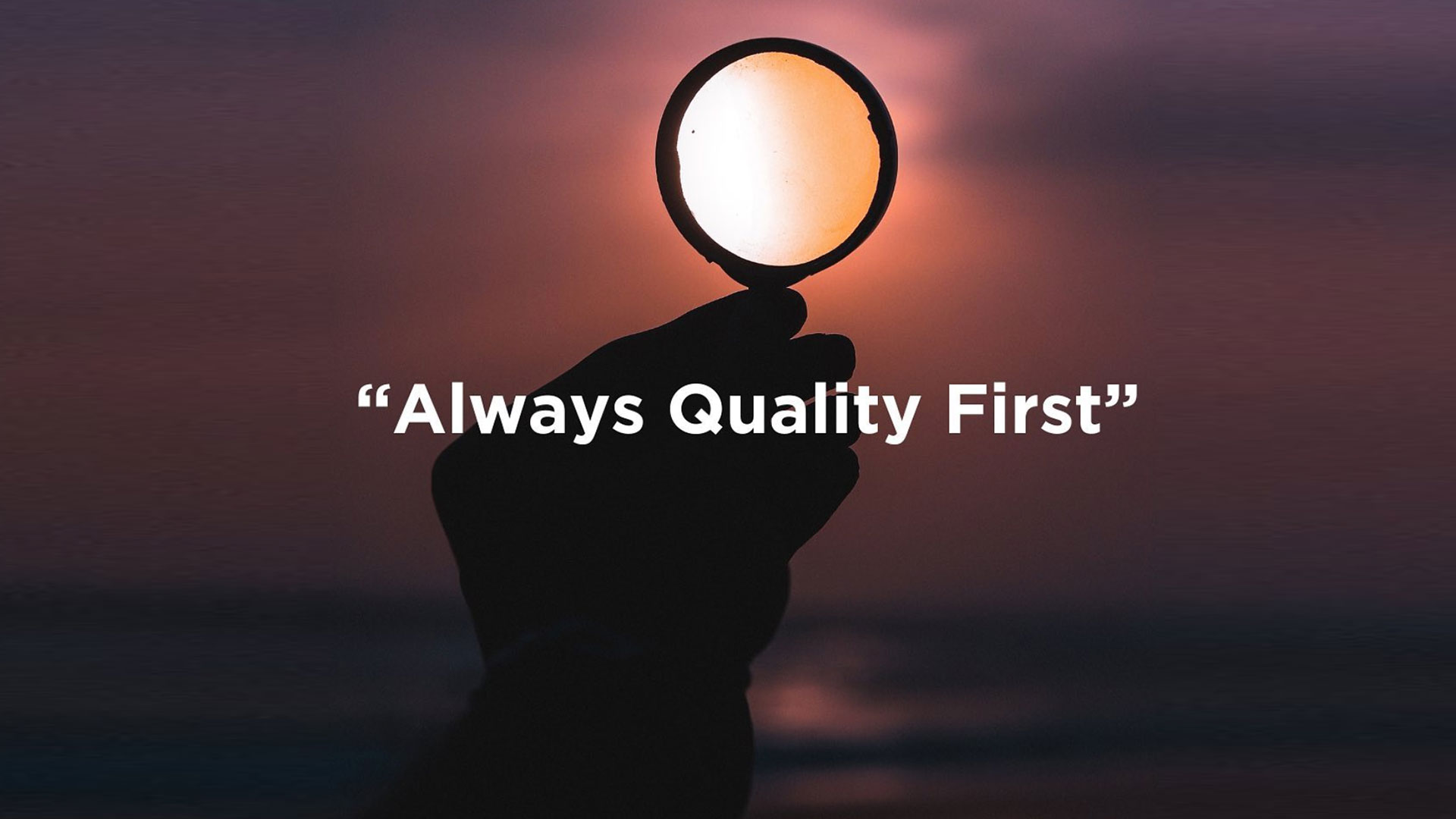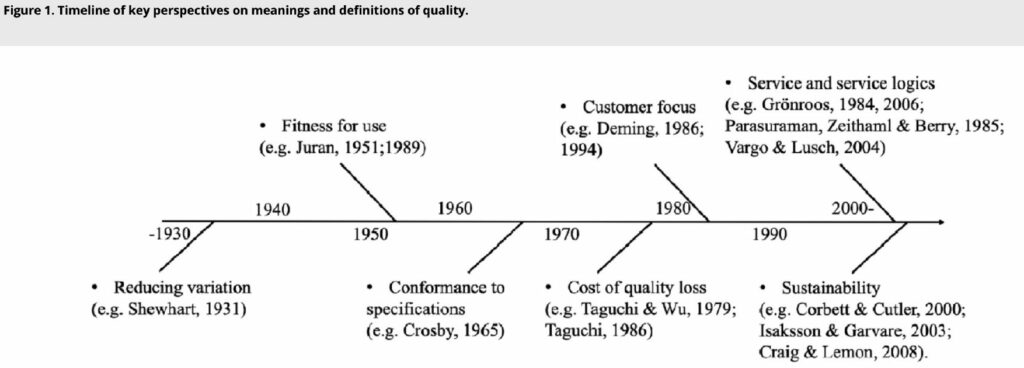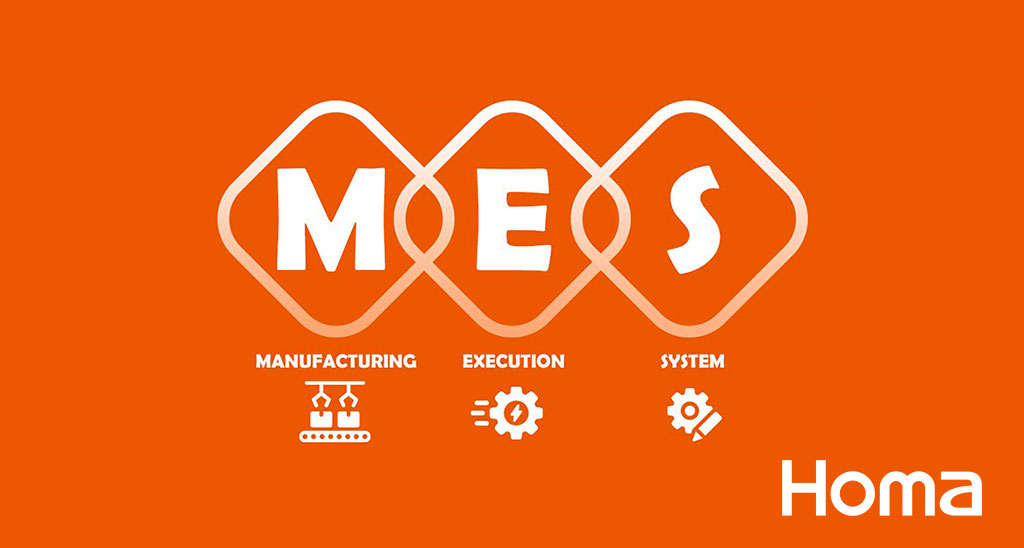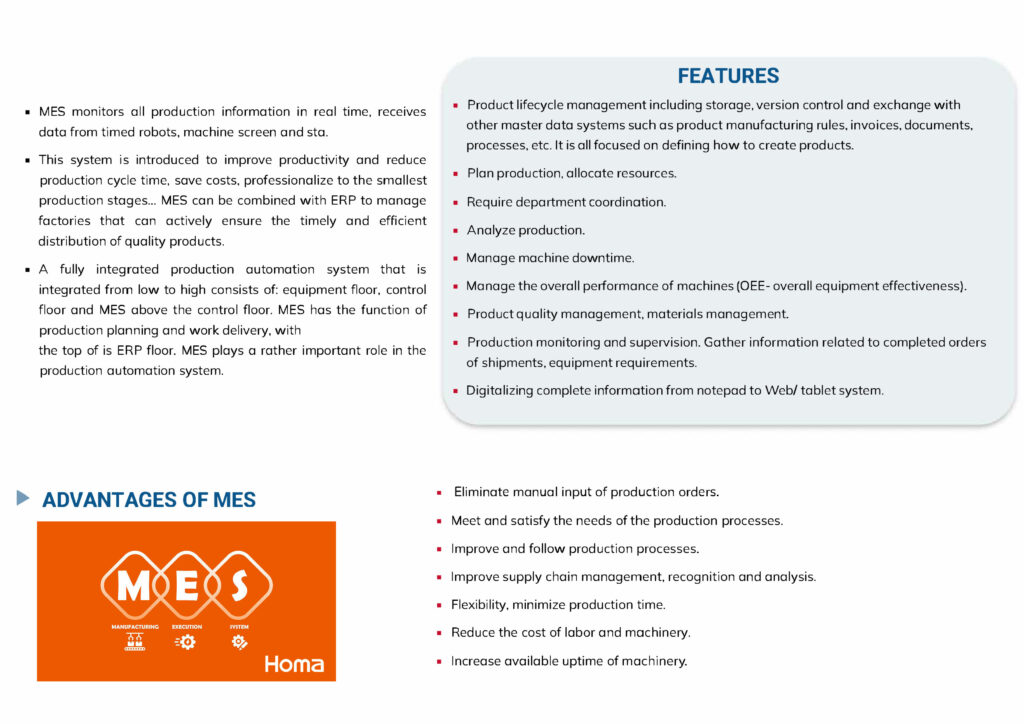

At Homa, our journey is shaped by three core pillars: care, design, and food preservation.
These aren't just boardroom values; they pulse through the veins of our operations. As a global OEM company, our essence is inherently customer-centric, placing the dreams and needs of our partners at the forefront of everything we do.
Our tagline, "We take care of your dreams," isn't just a promise; it's our commitment to understanding and supporting our customers in every endeavour.
Innovation is the lifeblood of Homa. We consistently seek meaningful advancements in our products and services and in redefining the OEM landscape. Our success lies in embracing change and pioneering industry evolution.
Homa leads the way in redefining industry standards, in various aspects but what we are into is firstly to manufacture refrigerators; consequently, QUALITY plays a paramount role.
QUALITY is not merely a desirable aspect of products and services; it's a fundamental driver of success in today's business landscape; we prioritise and invest in maintaining high-quality standards to position ourselves for long-term growth.
We embrace a modern and broad meaning of the word QUALITY; for a long time, the term "quality" has been synonymous with "control." at Homa, we consider that viewing quality through the lens of mere control is overly simplistic. Quality is a flexible concept, adapting to socio-economic contexts. In essence, it results from the dialectic of two crucial themes:

The Homa understanding consequently evolved in focus on customer-centric notions, where meeting or exceeding customer needs defines quality.
Quality is more than a finished product; it encompasses processes, systems, and people. We operate a comprehensive quality management system built around 8 blueprint drivers:
1. Customer Satisfaction:
- High-quality products lead to increased satisfaction and brand reputation.
2. Customer Loyalty:
- Quality fosters loyalty and advocacy, contributing to word-of-mouth marketing.
3. Competitive Advantage:
- Prioritising high standards differentiates us in a competitive market.
4. Innovation and Adaptability:
- Investing in quality maintains our adaptability to market changes.
5. Operational Efficiency:
- Quality management enhances efficiency by streamlining processes.
6. Reduced Costs:
- High quality reduces costs associated with defects and customer complaints.
7. Regulatory Compliance:
- Adhering to quality standards is crucial for credibility, especially in a globalised economy.
8. Risk Mitigation:
- Ensuring quality mitigates risks associated with failures and recalls.
Homa's quality management system is developed based on a long-term objective and implemented with regularly updated specifications, including a clear quality policy, procedural instructions, and regular internal audits.
Our commitment to quality isn't lip service; it's an opportunity to set ourselves apart and lead internationally. Our quality management is pivotal in all areas of our complex production landscape composed of a giant variety of platforms, and our distinctive design complexity approach serves and respects our partner brands' uniqueness.
As a customer-focused company, we understand our partners' wishes and the importance of punctuality, delivery accuracy, and technical compliance. Our evolving quality management system reflects our dedication.
With ambitious goals for the future, including our brand-new NO-FROST district, we are committed to utilising innovative technologies. Our customers can expect decisive advantages from our expertise.
At Homa, we understand that our customers rely on our solutions. Constantly striving for quality, improvement is our way of remaining the preferred partner in the global household cooling appliances industry.
Copyright HOMA 2023- Issued by Federico Rebaudo, General Manager at Homa Europe, November 2023
For further Information and Press Contacts: info@homaeurope.eu
HOMA’S DEDICATION TO QUALITY AND CUSTOMER SATISFACTION
An interview with Yunlan Liu General Manager of Quality at Homa
How did you decide to join Homa? And how do you see your role contributing to Homa’s vision?
I first worked for Kelon (today Hisense) in the quality area for 22 years. I then joined Homa in 2015, I already knew several Homa’s managers from being in the industry for such a long time, and I really appreciated Homa’s quality control approach.
I joined Homa at a key moment when the company was working to upscale, and at the same time putting a great e ort into quality improvement.
Such an effort obviously puts huge pressure on the whole quality team to meet those requirements. We set out our plans and implemented them step by step.
It’s been a tough process, but after these past seven or eight years, I can say that Homa is now recognised for having good stable quality in the industry, especially in our high-end range.
Thanks to all our hard work, our customers truly appreciate the improvements we’ve made over recent years.
How do you ensure that clients’ feedback is considered and is used to improve quality? How does that process work?
Firstly, in Homa we have a special control team that connects our quality and our clients. This team receives complaints and other feedback from the clients.
Second, we have a very specific and important annual process targeting quality improvement, through discussion and training.
This processis at a company level, involving notjust the quality department, but allthe plants, the sales departments,and many others.
The outcome of this process is the quality improvement plan for the following year. What happens if we receive a complaint from a client?
We have a very strict process to follow, with a time limit for when the improvement must be made, it could be three months for example, and how that will be carried out. Once we have made the improvement, we pass this information back to the client, asking for their feedback, their level of satisfaction, and so on.
And lastly, we continue to pay attention to the specific issue or complaint, proactively researching the market to see if there are similar complaints, or related product improvement advice.
An extremely important point is the customer-centred attitude that we foster throughout the whole company. Our focus here is on understandingour products in the markets, which problems happen frequently, and what is the most concerning quality problem for our customers. This customer- centred focus gives us the chance to really standardise our quality systems and awareness across the whole company.
How do you track and analyse data, other than customer feedback, to identify areas for improvement in the manufacturing process?
Our Manufacturing Execution System (MES) provides us with an excellent overview of the data in our manufacturing processes.An MES is a comprehensive, dynamic software system that monitors,tracks, documents, and controls the process of manufacturing goods from raw materials to nished products.
Responsibility for our MES lies with our IT department, and has been a crucial step in our processes of digitalisationand automation at Homa.

Thanks to individual QR codes, via MES we can follow the journey of a product or part through the whole system. We use it to track and test our spare parts, and at important quality control points.
MES is a great tool for working together with client feedback from the marketto make manufacturing improvements.
When we receive client feedback identifying a problem, with MES we can identify exactly where in the process the problem has arisen, and at a higher level, we can use this process to identify the top 5 problems that arise.
For example, what if there is a problem with a compressor in a refrigerator? We can scan the product and by reading the parts code, we can identify wherein our process the problem lies, and who the supplier is.
In this way, we can analyse all the relevant data on a large or a small scale.
Supplementing the MES, thereare cameras along the production lines at various process points, so if something stops the line, there are alarms to provide feedback and quick intervention, ensuring high standards of quality and efficiency.
How do you establish strong relationships with other departments In Homa to ensure quality standards are applied, met and improved throughout the organization?
First of all, training for employees inall departments is very important to ensure a standard concept of quality throughout the company.
In addition to this, there is also technical skills training for people from our
different factories.
Secondly, we have a monthly meeting with the directors of each department at which we share information on product performance in the market using clients’ feedback, including any serious problems they find.
This way, the directors are constantly updated on what needs to change and what can be better.
Thirdly, we issue a constant stream of communication to all departments based on our clients’ feedback, so everyone is kept fully informed and updated.
Fourth, if a problem arises concerning a specific problem, a special meeting is called outside the regular schedules to deal with the topic immediately.
And last but not least, there is an audit system throughout the factories which is very important to evaluate whether a factory or department is meeting the quality standards and processes of the company.
How do you balance the need for quality with the need for speed and efficiency in the production process?
Our company’s base line policy is always quality first.
Of course, weneed to produce high-end quality products in a short time, but we setan agreement with other departments with a fixed baseline for quality
We cannot compromise against time and efficiency.
Based on the agreement we make with the relevant department, we monitor whether the manufacturing process really meets the terms of this agreement, or whether in the actual process, anything changes.

Are there any other points you would like to make about quality at Homa?
I’d like to emphasise that even as Homa has grown bigger and bigger over the last 20 years, everyone from the head of the organization to the employees in all parts of the factories agrees on the importance of quality, because only in this way can we keep our clients.
Quality is what is important for them. Our hard work in this area helps us to make constant improvements, proved by the fact that over the 20 years of our life, the complaint and repair rate has decreased by 60-70%.
And we’re proud to say that our customers tell us that Homa leads in quality.
Can you tell us your perspective of being a woman in such a signi cant job in a Chinese company grown to international importance?
This is traditionally an industry with a majority of men in technical leadership positions, while Homa is rather different, with quite a high number of female leaders.
I think that women may bring more care and consideration to their work, withan ability to stand in other people’s shoes that helps to build relationships.
In my job, I don’t only have to manage my own department, but I have to work with many others.
This means being persuasive and also strong, because that is necessary to insist on the application of quality rules and standards across departments. It’s not an easy job, but as a woman I have found that I can meet the demands needed when I have to!
Copyright HOMA 2023- This article is from "Manufacturing, " a Homa white paper. Editorial Coordination: Studio Volpi. Editor in Chief: Federico Rebaudo.
Copyright HOMA 2023 Issued By Homa Marketing dept. on November 2023
